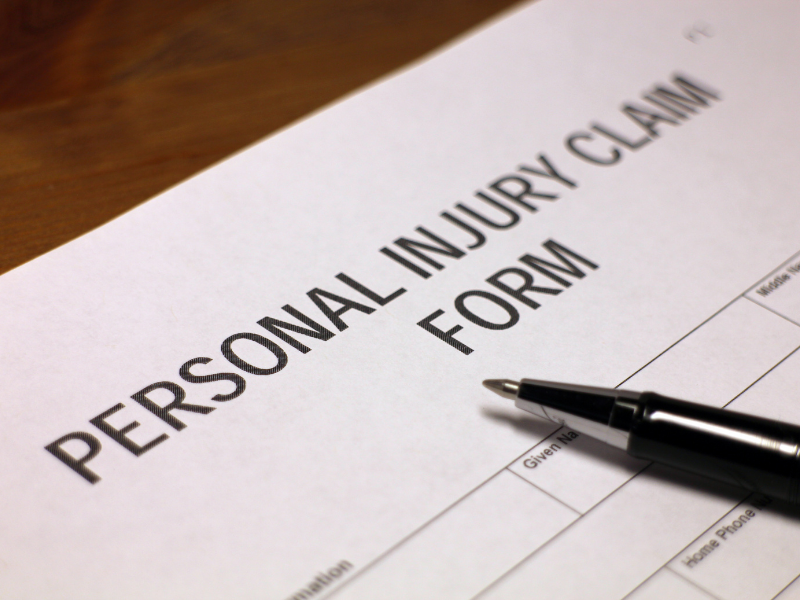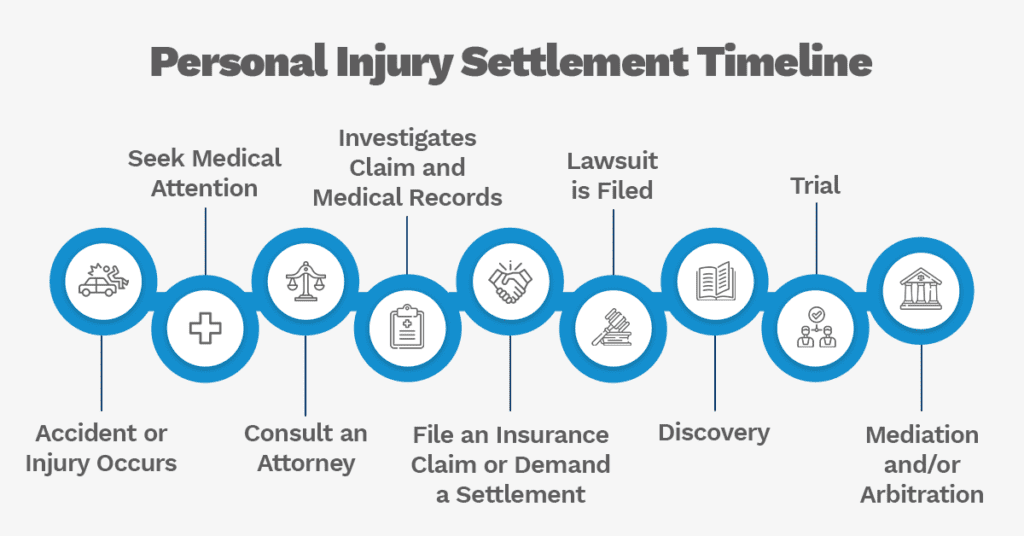
If you’re seeking compensation from someone else after an accident in Florida, it’s natural to wonder how long it will take before the money arrives. There’s no clear answer to that question. Many different factors will impact your chances of receiving compensation after an accident. Getting advice from an experienced Tampa attorney can help you understand the personal injury process in Florida.
Type of Case
Some types of compensation may come more quickly than others depending on the type of case you have. For example, Florida is a no-fault state for auto accidents. In those cases, victims can turn to their own insurance company for compensation for their medical bills and other accident-related expenses. When that’s the case, at least a portion of compensation can come more quickly than in other personal injury claims.
Personal Injury Timeline

The timeline for any personal injury claim depends on other factors as well. The process can start immediately following your accident, although a lawyer can best advise you when to begin. Here’s what a typical case looks like:
- Get medical treatment: Proof of an injury is the foundation of a personal injury claim. Without medical records to connect your injury to the accident, your chances of receiving compensation may be slim.
- Investigation: Any negligence claim must show that someone else caused the accident and is responsible for your injury. A skilled lawyer can help you collect the evidence you need for a strong claim. The more complex the case, the longer it may take to gather the compelling evidence required for a solid case, especially if it goes to trial.
- Filing the claim: Once the evidence is organized, you’ll file a claim with the liable party’s insurance company (again, car accidents may be an exception depending on the accident’s severity). The claim will outline your losses and demand compensation. After that, settlement negotiations can begin.
- Settlement: Most personal injury claims resolve in settlements. Once you settle, you give up the right to file a lawsuit in the future.
- Trial: If settlement agreements break down, your attorney will discuss the pros and cons of filing a personal injury lawsuit in civil court. In a trial, you ask a judge or jury to decide whether you are entitled to compensation. Remember that trials take longer, which will extend the personal injury timeline for you.
Keep in mind that there is never a guarantee that you will win your case. Every case has unique facts that will play a role in whether you get the outcome you hope for. The good news is that most personal injury lawyers take cases on a contingency fee basis. That means they only get paid if you win your case. It doesn’t make sense for an attorney to invest time and money into the case they don’t believe has a good chance of success, so that can give you peace of mind as you decide your next steps.
What Could Hurt Your Chances of Obtaining Compensation?
Any case has strengths and weaknesses. Some factors that could affect the outcome of your case include:
- Whether you hired a personal injury lawyer
- Whether you are partly at fault for the accident
- The severity of your injuries
- Your actions after the accident: Did you give a statement to the insurance company before talking to an attorney? Did you follow your doctor’s instructions? Did you discuss your case on social media? These could all impact your claim.
Get a Free Consultation with Brooks Law Group
Protect your rights and chances for compensation by contacting a skilled personal injury lawyer at Brooks Law Group today. We have offices in Tampa, Winter Haven, Lakeland, and Auburndale. Get your free consultation by calling or contacting us today.














